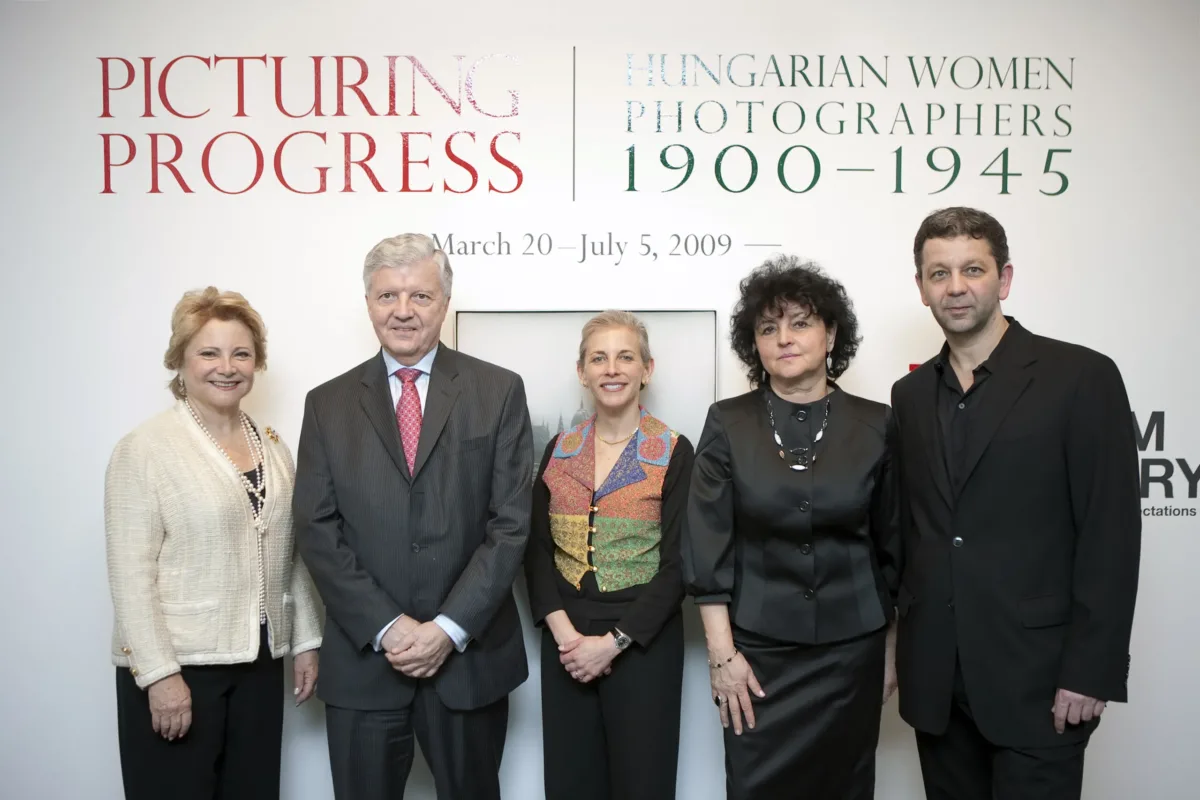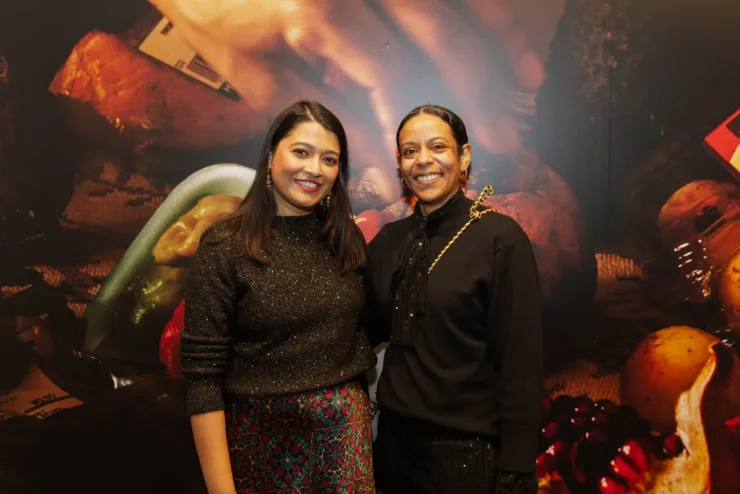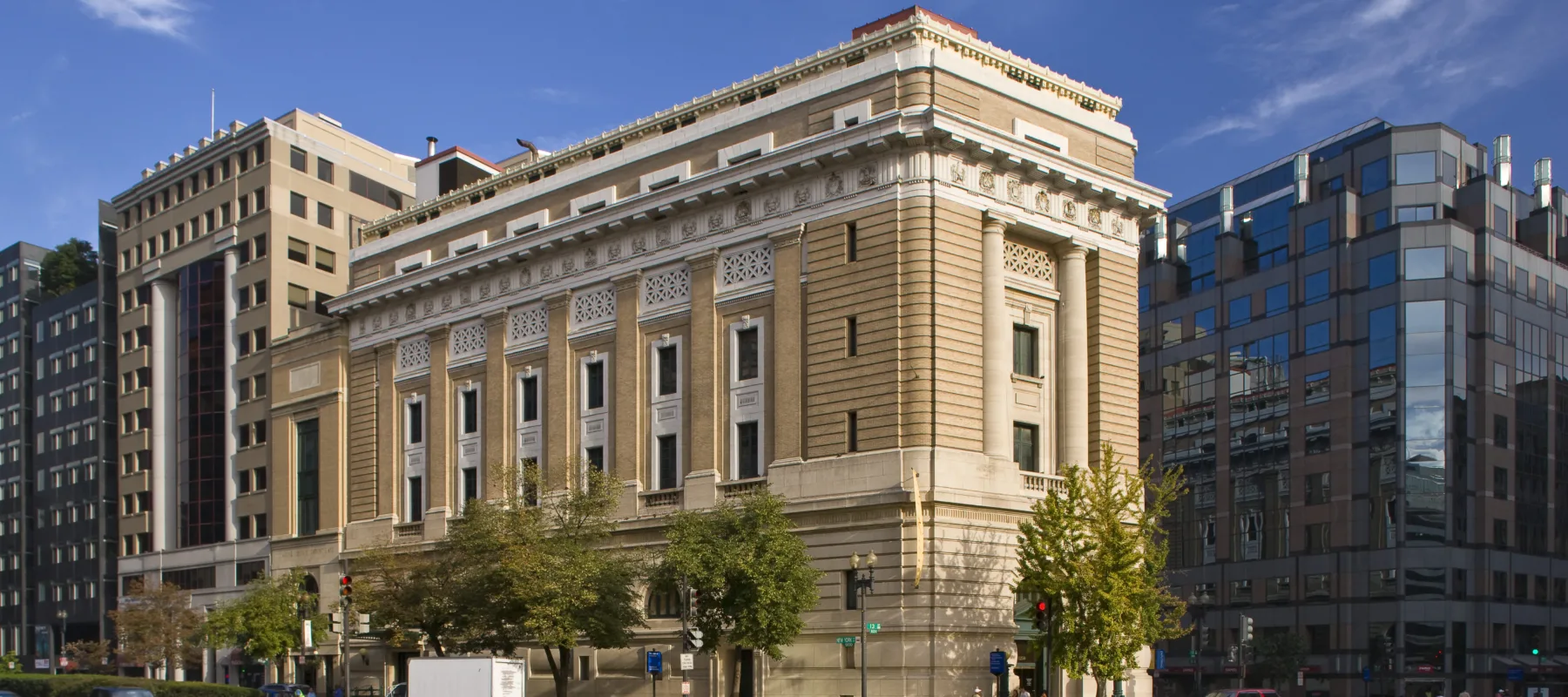NMWA presents Picturing Progress: Hungarian Women Photographers 1900-1945. This exhibition focuses on the work of Hungarian women photographers during the tumultuous years between 1900 and 1945, a transitional period that witnessed unprecedented growth in educational and career opportunities for women. Hungarian women artists, inspired by the success of their counterparts in America, eagerly took advantage of their newfound freedoms by pursuing careers in photography and by training at prestigious institutions in Vienna, Munich, Berlin, Hamburg, and Paris.
Between the two world wars, the number of women photographers and women-owned studios in Hungary greatly increased. Often filling the positions of male photographers who joined the service, these artists benefitted from a hungry market of soldiers who wanted photographs taken for their families before leaving for war.
After World War II, many of these women pursued careers abroad, while others remained in Hungary and succeeded in a variety of photographic genres. During the economic crisis of the 1920s, many women photographers dedicated their work to the pursuit of social justice, disseminating images of the poor and unemployed. This exhibition is organized according to the following six categories: portraits, nudes, social photos, movement studies, cityscapes, still lifes, and advertisements.
Picturing Progress: Hungarian Women Photographers 1900-1945 is a part of Extremely Hungary, a yearlong festival of performances and exhibitions in New York City and Washington, D.C., throughout 2009. The festival is organized by New York’s Hungarian Cultural Center to celebrate Hungary’s contemporary arts and impact on American culture. Additional information and complete programming can be found at www.extremelyhungary.org.

Opening reception of Picturing Progress: Hungarian Women Photographers 1900-1945 exhibition, 2009; Photo by Beowulf Sheehan
Exhibition Sponsors
Picturing Progress: Hungarian Women Photographers, 1900-1945 is organized by the National Museum of Women in the Arts and is generously sponsored by the Hungarian Museum of Photography, the Petőfi Museum of Hungarian Literature, Dr. Béla Gömör, the Hungarian Ministry of Culture and Education, and the Hungarian Cultural Center, New York. Additional funding is provided by the Honorable Mary V. Mochary and the Members of NMWA.

